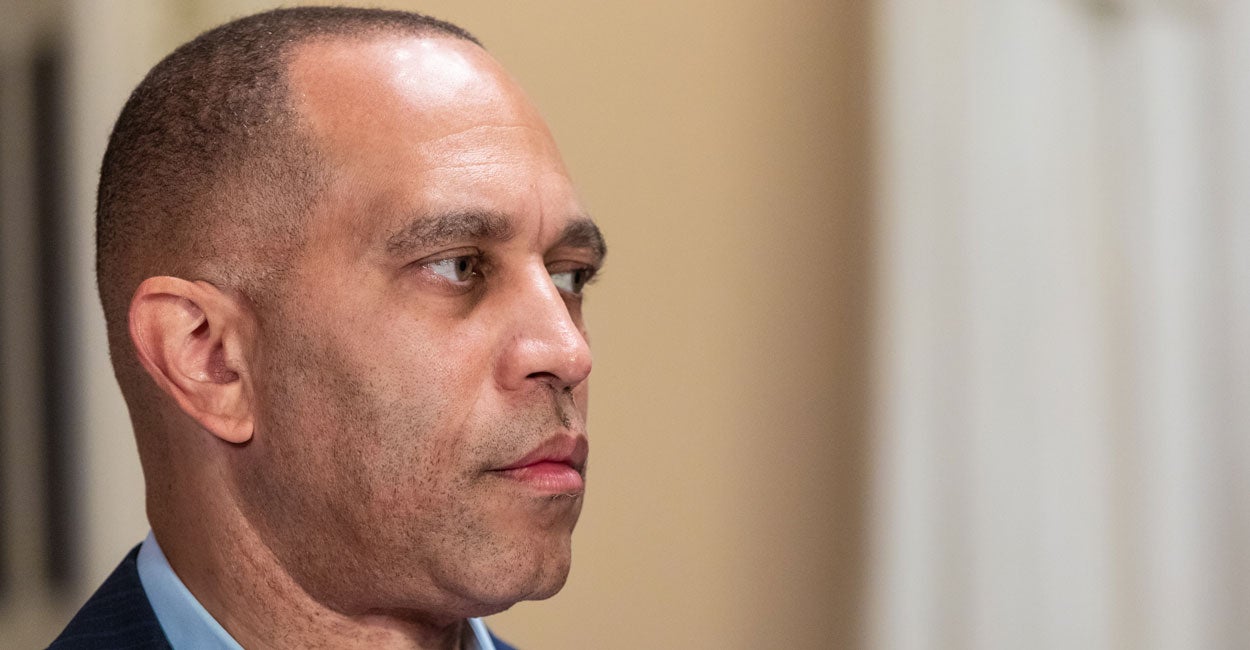No ‘King’, But Ten Million ‘Dukes’

Authored by Anthony Esolen via AmericanGreatness.com,
I see there were protests this weekend, with the American people rising against the supposed King of the United States, Donald Trump. They seem to be most enraged at his using the National Guard to enforce immigration laws passed by the people’s representatives in Congress, over the will of local dukes and duchesses. Those aristocrats have no jurisdiction over immigration, which by its nature is a national and not a state or municipal issue.
I won’t address that matter here. I note only that this outrage against executive overreach, or the tyranny of petty autocrats, is quite new. Of course, the opponents of President Trump believe that he is behaving like a king.
“If only!” I might say, thinking of how medieval kings actually governed. We tend to project onto monarchy the most egregious examples of centralized and personal power. “L’État, c’est moi,” said Louis XIV to the French parliament in 1655. His predecessor, Louis IX (r. 1226-1270), not only never said such a thing. He could not have conceived it. France then was a patchwork of duchies and counties, and their relations to the royal will and power were never spelled out in legal terms. Things were similar in England: Magna Carta (1215), the Great Charter, set a limit to the power of the king as opposed to the traditional power of the local lords and squires. Towns too had their charters, as did abbeys and friaries and universities, which were run by the Church. The vogue of claiming a divine right to govern as an absolute ruler was brief; it was a feature of the late Renaissance, and nowhere in Western Europe was it simply accepted. Indeed, by the time of the American Revolution, the engine of power in England was not King George III (r. 1760-1820), but the Parliament. The slogan “No taxation without representation” would make no sense if the king were perceived as the principal villain, though there was little love between him and the Americans.
Medieval kings often made common cause with townsmen and the middle class in a flanking action against their common foes, the landed gentry.
The Mayor of London would likely be more friendly to the king than the House of Lords would be, just as a kid getting beaten up in the schoolyard might make friends with a big bodyguard, a “king,” if you will. In such a situation, if you want “no king,” that is, no big fellow to throw his weight around, you must either be one of the petty lords oppressing the locals, or there is no such oppression to suffer, or you are simply confused, taken in by a word while you miss the reality.
For the fact is that Americans are governed by innumerable unelected bureaucrats, “human resource” meddlers at work, layers of administrative deflectors at school, incomprehensible protocols set by medical insurance companies and connived at by hospitals, the Internal Revenue Service, and now, slouching towards the United Nations to be born, what threatens to be a worldwide public health super-government, grinding to indiscriminate dust every last feature of an independent local human life.
Where have these opponents of arbitrary rule been?
The Supreme Court Royal Over The Undifferentiated Masses—now there’s a passel of archons for you.
Is there a single feature of human culture, let alone local government, that it considers outside of its immense, all-comprehending wisdom?
Redefine marriage, detaching it from common sense and human biology? No problem.
Specify what a football coach may not say to his players in the locker room? No problem.
Manage a city school district for twenty years, busing a certain number of these students to that place and those students to this place? No problem.
Rifling people in their towns and states of almost all their rightful power and responsibility to police obscenity? No problem.
It has become so bad that we all now assume that the main feature we want in our president is that he will agree with us on what kinds of juridical archons to appoint, the super-legislators in the most delicate and yet far-reaching cultural problems, who are no more to be trusted with such power than nine plumbers or nine housewives or nine truck drivers or just the first nine names in the Washington telephone book. Nor should we expect nine lawyers to have the broad human experience we look for in a legislature, where a variety of people consulting on an issue may see many practical consequences quite invisible to those committed to legal abstractions—or rather shaped by the slogans popular at the faculty lounge or the departmental coffee shop.
We are bristling with petty tyrants everywhere. Right now, the Supreme Court—of all things!—is considering a miserable law in Colorado that forbids psychiatrists to help troubled young people become comfortable with their own sex, rather than believing the impossible, that they are “really” boys in girl-flesh or vice versa. The child may desire such assistance; the parents may desire it; but the tyrants of Colorado don’t, so the little people in that state must appeal to the super-tyrants of the Supreme Court just to secure the right to do what anyone with the slightest common sense would consider a matter of course. Where in all this tangled mess—and we may include schoolteachers and guidance counselors who rob parents of their rights, acting not in loco parentis but contra parentem—are the people who now pretend to be affrighted by authoritarianism?
Where were they in 2020? Weren’t they the same people ready to call you a murderer if you dared to question shutting down everything?
Aren’t they ready to do the same the next time there is or there is said to be a public health crisis? And aren’t they the same people who, for the sake of the “planet”—a planet, after all, wins a point or two for sounding scientific—are eager to override national governments, let alone the regional and the local, not to mention individual human choices?
And what about schooling? There are plenty of Americans who hate homeschooling so much, they are eager to forbid by law the kind of thing that made the young Thomas Edison a genius on the run, and of course they would exercise that tyranny with high-toned slogans on their lips. How much will you wager that most of those who would subject all children to the public schools (for there are some who oppose private schooling to boot) are in sympathy with “No Kings”? If Donald Trump did nothing else than to take a sledgehammer to the Department of Education, that pit of uselessness and stupidity in the service of centralized power, he would deserve praise and gratitude from all lovers of liberty.
Meanwhile, the greatest threat to human freedom has spread like poisonous vapor into every facet of life.
Who controls the algorithms that tweak billions of minds at once? Who suppresses people who say the “wrong” things? Who directs the eye toward articles that push the favored positions, while those who search for the opposition must persevere and wade through pages of trash? We don’t know, and we can’t find out. It’s easy to oppose Donald Trump, because he’s visible, all too visible, and he invites the outrage. But let’s be honest. In a healthy society, there would be no superhighways from the national capital directly into your living room or into your child’s brain. Of the 365 days of the year, you might spend two or three of them grouching about the president, not because you belonged or did not belong to his party, but because most of human life would be quite separate from the whole monstrous thing we take for granted as the national government. We don’t want a king, but we’ll take ten million dukes instead?
“Here, peasant, sign this petition against kings, and be quick about it,” says the duke’s flunky. “If you value your freedom, you’d better do it.”
Loading recommendations…
Recent Top Stories
Sorry, we couldn't find any posts. Please try a different search.









